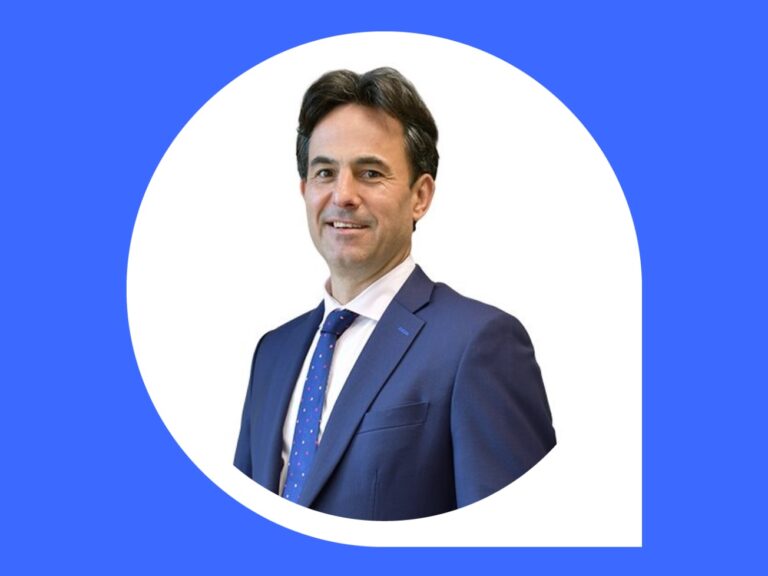
Public Policy and APRA
I was going to start by saying that there’s been plenty happening but then I had a quick look over my last couple of articles and they said that. From now on you can take it as read that a lot is going on ‘behind the scenes’.
Council has not met since my last article so there aren’t any particular Council matters to update members on. Instead
I thought I would comment on two areas that the Institute is involved in, but which the views of members, about the Institute’s role, vary.
The two topics are public policy and APRA. It is my view that it is important for the future of the profession that the Institute take a prominent position in public policy and have a good working relationship with APRA. These roles should benefit members generally but will likely be more important to younger members than older members (who have well-established careers).
PUBLIC POLICY
With the goal in mind of boosting the profession’s reputation, the Institute has been increasingly proactive in recent years in commenting on public policy issues. Some members do not consider the Institute to have any role in public policy whilst many more would like to see the Institute more heavily involved in public debate.
It is my view that it is extremely important that the profession is seen as a body whose opinion is sought by decision makers and opinion leaders. It is far better to have a seat at the table when important decisions are made than to have to pick up the pieces after the event. Of course, we are not going to always get our way, but, it is better to have tried and failed than to have failed to try!
Whilst I am a believer in the Institute having input into public policy debate, I also consider there to be reasonably strict guidelines that we should work within.
- We need to be apolitical. It is imperative that our views are not seen to be aligned with a particular side of politics. We need to be sought for our independent views.
- We are not a lobby group. Our views should always be in the public interest, which may not always be in the best interests of our members (e.g. linking the preservation age to retirement age).
- We should aim to provide objective comment. Subjective commentary should be thoroughly canvassed with members (in many cases this will be via the practice committees).
- We need to be sure of our facts where we are using information developed by other professionals.
- Commentary should be consistent with the views of the majority of members – though should not be restricted to requiring all members to agree.
As long as we are mindful of the boundaries that we need to operate within then I consider that the Institute can be a significant contributor to public policy. In doing so, the reputation of the profession should be enhanced, which should ultimately benefit members.
Ultimately, I also think we need to have views on matters where we have expertise as actuaries (and quite possibly a duty to express those views) on the pressing issues which our society faces.
APRA
The Institute maintains an open dialogue with APRA across several fronts, and we are fortunate that senior executives from APRA are also prepared to invest time into building and maintaining the relationship. The practice committees have regular meetings to discuss topical issues in relation to their particular area of practice, and the President and CEO meet with senior executives from APRA on an informal basis.
APRA has recently raised some challenges for the profession to address and we will be considering the issues raised and responding to their concerns. That does not necessarily mean that we will agree with APRA, but rather that we will analyse the issues and will provide a considered response, and action, as appropriate.
APRA is not always going to act as we may like, however they have altered decisions, provided extensions or allowed exemptions in several cases where logical and constructive responses have been provided.
As long as we are mindful of the boundaries that we need to operate within then I consider that the Institute can be a significant contributor to public policy.
A recent example is the extension of the allowance for the FCR in general insurance to be provided within four months rather than three months. The Institute provided feedback that highlighted that the issue impacted some Appointed Actuaries (AAs) more than others and highlighted the logistical issues that some AAs face. A key element, in my view, was to be able to highlight that there are real reasons why the timing change is problematic for some, and not just people complaining because they are comfortable with the status quo.
Of course not everything goes our way and the inability of the AA to also be the Chief Risk Officer is an example.
It is important that we have a good working relationship with APRA but we must also maintain our independence as a profession. We should, however, be willing to look critically at the work that we do when others question the adequacy of what we’re doing, and we should be willing to take action where that is warranted.
Obviously all the views expressed above are mine. Nevertheless, I think they are reasonably consistent with the views of the broader membership and are based on my wide ranging discussions with you. I guess we’ll get an idea of that from the number of emails that I receive once people have read this.
As I mentioned at the start, Council has not met since my previous article. I will provide an update on the deliberations at our June meeting in the next edition, as I am committed to greater transparency of Council’s deliberations.
CPD: Actuaries Institute Members can claim two CPD points for every hour of reading articles on Actuaries Digital.






